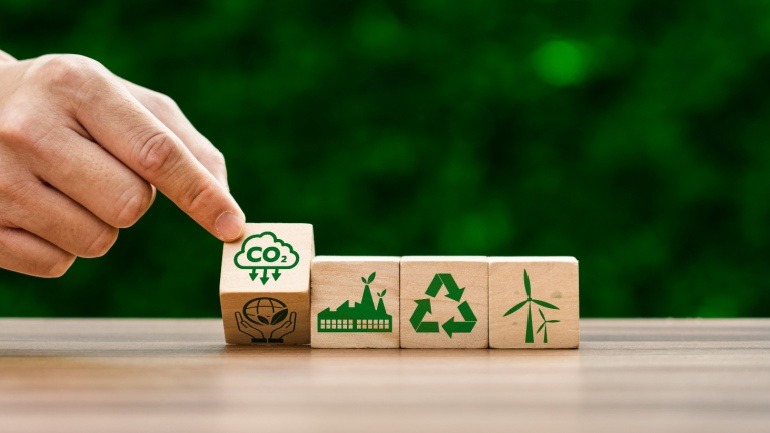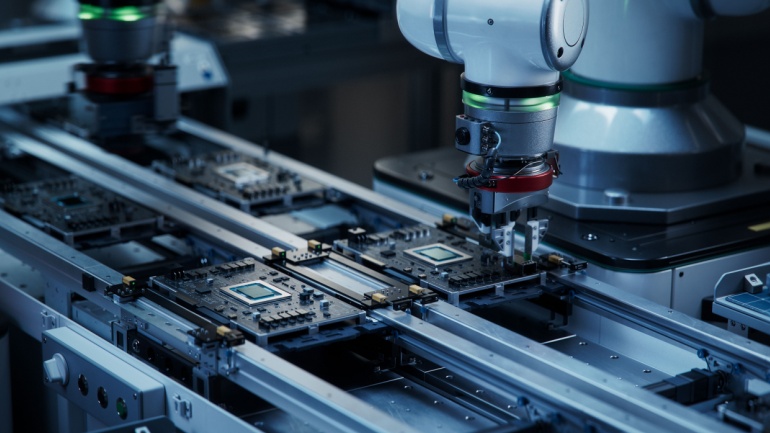Logicalis has announced remarkable progress in its environmental sustainability efforts, as detailed in the Responsible Business Report 2024. Notable achievements include a 27% reduction in scope 1 emissions and a 17% reduction in scope 2 emissions. These efforts align with Logicalis’s goal to reach net-zero emissions by 2050.
Google’s new long-term agreement with Energix Renewables underscores the escalating importance of sustainable energy in tech advancements. By supplying 1.5 gigawatt-peak of solar projects by 2030, this partnership aligns with Google’s net-zero emissions goals, ensuring clean energy for their AI-driven data centers and marking a pivotal shift towards greener technology solutions.
The rapid expansion of data centers poses a significant environmental challenge, with projections indicating they will consume as much electricity as the EU by 2030. This growth, driven by demanding applications like AI, necessitates integrating energy-efficient technologies and adopting sustainable practices. As data centers multiply, addressing their environmental impact becomes crucial for a greener future.
Equinix is making waves in the VoIP and digital infrastructure landscape with a $124 million investment in a new Hong Kong data center, HK6. Positioned to meet VoIP demands and enhance connectivity, this facility integrates seamlessly into Equinix’s existing network, bolstering Hong Kong’s role as a data hub in the Greater Bay Area.
Boldyn Networks is set to unveil a pioneering 5G Innovation Lab at the Port of Blyth, thanks to a £500,000 investment from the North East Combined Authority’s 5G Innovation Acceleration program. The lab will offer businesses a secure, high-bandwidth environment to test smart manufacturing technologies, boosting the region’s tech landscape.
Sparkle’s new Point of Presence (PoP) at Aruba’s Hyper Cloud Data Centre in Rome enhances VoIP connectivity, strengthening Rome as a global hub linking Europe, Africa, Asia, and the Middle East. This collaboration boosts Sparkle’s BlueMed cable, delivering high-speed VoIP services through advanced, renewable-powered infrastructure.
Nexperia, a leading semiconductor manufacturer, has announced a $200 million investment to enhance its production capabilities at its Hamburg facility. The funds will be used to develop next-generation wide bandgap (WBG) semiconductors, such as silicon carbide (SiC) and gallium nitride (GaN), and to expand the production of silicon (Si) diodes and transistors.
Norwegian telecom giant Telenor has deepened its collaboration with Amazon Web Services (AWS), signaling a shift away from efforts to promote domestic cloud solutions. This move includes the implementation of AWS’s sovereign-by-design solutions in Telenor’s Skygard data centers.
Microsoft plans to invest €6.7 billion ($7.16 billion) in developing data centers in Aragon, Northeastern Spain. The tech giant has filed for a construction permit to establish its facilities near Zaragoza, according to the local Spanish newspaper El Heraldo.
NTT Docomo has initiated Japan’s first experimental demonstration of a self-powered hydropower cellular base station. This project, designed to showcase sustainable and low-cost connectivity solutions for rural areas, features a hydroelectric power-generation system utilizing a jet turbine developed by Professor Yukihiro Shimatani from the Prefectural University of Kumamoto.













